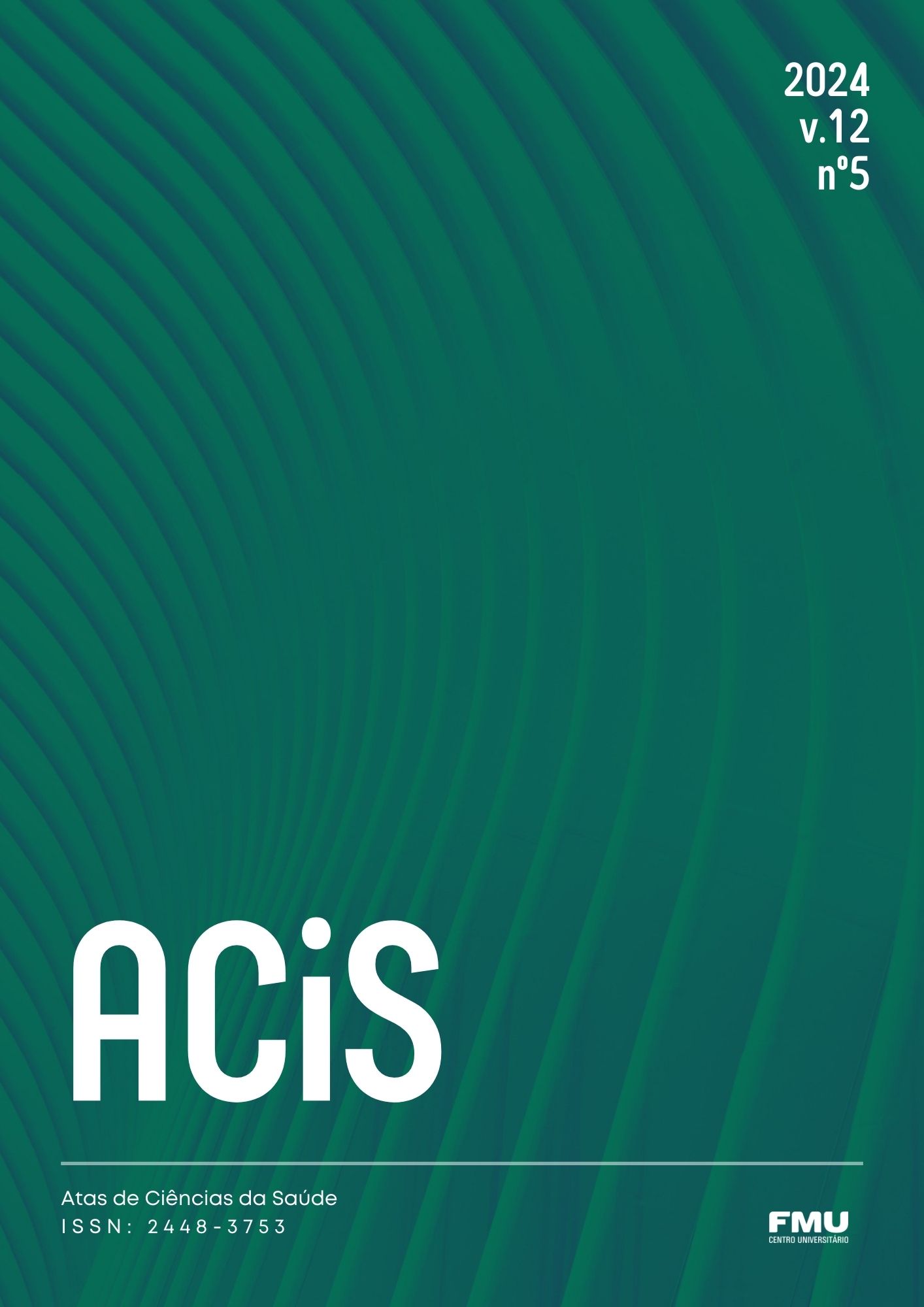Emotional profile of people enrolled in virtual physical practices during the COVID-19 pandemic
Abstract
Introduction: The COVID-19 pandemic had impacts not only on physical health. The fear and uncertainty caused may have impacted the emotional aspects of the population. Objective: To describe the emotional profile of people enrolled in virtual physical practices during the pandemic, associating this profile with age and education. Methods: Cross-sectional study was part of an extension project entitled: ATIVA IDADE. After registration, volunteers received a link with the Anxiety, Stress and Depression Scale (DASS-21). Using means, standard deviations and correlations, sociodemographic characteristics and DASS-21 results were described. Results: Of 178 registrants, 58 responded to DASS-21. The majority of participants were women over 50 years old. There was interference between age and DASS-21 scores, with higher subitem averages being observed in people between 20 and 59 years old. Despite the difference in means, the subitems were classified as normal or mild changes. There was a significant difference for age and stress (p=0.05) as well as a moderate correlation between these variables (r= -.33). Conclusion: The period of social isolation seems to have impacted the emotional variables of young people and adults with different intensities. The offer of asynchronous and virtual activities involving physical and cognitive aspects is a strategy for coping with situations of social isolation with limitations, as it only reached a specific portion of the population.
Keywords: physical exercise, DASS-21, virtual, emotion.
Published
Issue
Section
License
Copyright (c) 2024 Soraia Fernandes das Neves, Flávio Herrmann, Ruth Ferreira Galduróz

This work is licensed under a Creative Commons Attribution-NonCommercial 4.0 International License.
Autores que publicam nesta revista concordam com os seguintes termos:
- Autores mantém os direitos autorais e concedem à revista o direito de primeira publicação, com o trabalho simultaneamente licenciado sob a Licença Creative Commons Attribution que permite o compartilhamento do trabalho com reconhecimento da autoria e publicação inicial nesta revista.
- Autores têm autorização para assumir contratos adicionais separadamente, para distribuição não-exclusiva da versão do trabalho publicada nesta revista (ex.: publicar em repositório institucional ou como capítulo de livro), com reconhecimento de autoria e publicação inicial nesta revista.
- Autores têm permissão e são estimulados a publicar e distribuir seu trabalho online (ex.: em repositórios institucionais ou na sua página pessoal) a qualquer ponto antes ou durante o processo editorial, já que isso pode gerar alterações produtivas, bem como aumentar o impacto e a citação do trabalho publicado (Veja O Efeito do Acesso Livre).





